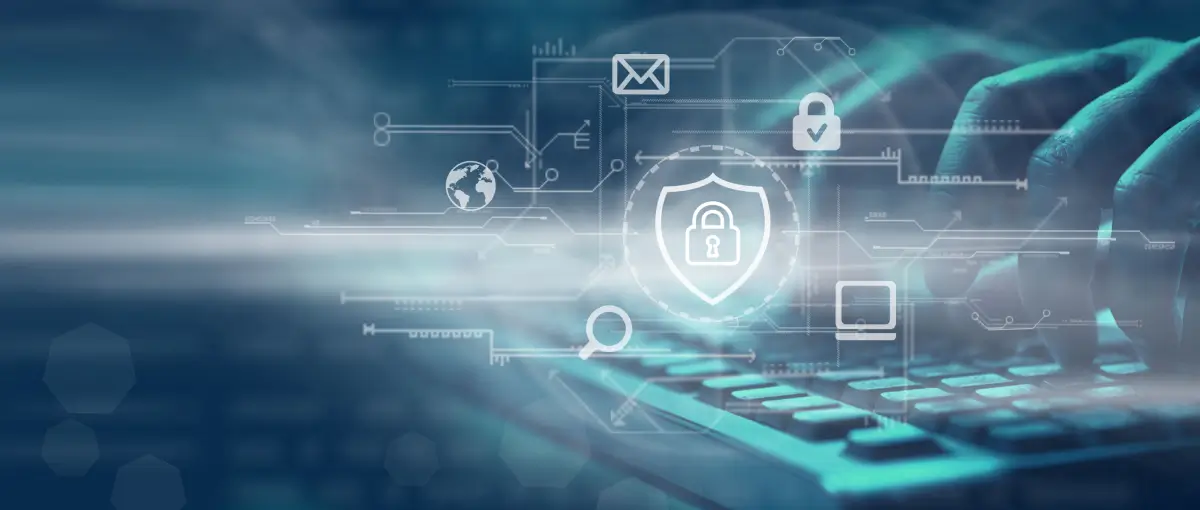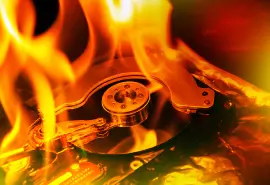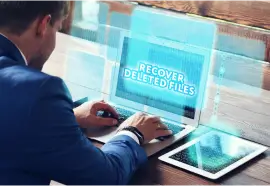Forensics and eDiscovery are among today’s buzzwords in the realm of data technology. Understanding their similarities and differences can allow you to harness the power of both innovations. Both terms involve the storage of data but they differ in how the recovery of data is accomplished.
How eDiscovery Works
In the realm of data collection, this method looks at the preservation and identification of data. eDiscovery involves the collection, analysis and reporting of data. These processes happen in rapid succession and also include archived data collections. Anything that can be accessed through program managers and file storage can be discovered through this process. During the data collection process, a human entity, usually legal counsel, will review the data and ensure that the search is on track and results are as expected. If needed, search parameters can be adjusted to find additional or different data from the original query.
When eDisovery is Most Useful
This data collection method will be most useful to access data that is relatively easily obtained. For example, calendars, email, databases and documents are found through this method. More recent innovations in eDiscovery have led to the ability to collect informaion from social media profiles and data from the cloud. eDiscovery is usually utilized when there’s no reason to suspect that the data has been intentionally deleted, damaged, or hidden. eDiscovery can be ideal when there’s a particularly large amount of data to sift through for something very specific. The size of data pools sometimes exceeds typical search software built into a computer or device.
How Digital Forensics Works
A more in-depth overview of data required in litigation proceedings might be achieved through digital forensics. A forensic specialist will sort the information and seek out deleted files and hidden data. This careful process produces dependable evidence that can be used in court proceedings.
Usually, forensic experts will pair off with a legal team to fully understand the types of data the legal team wants and what’s actually available for recovery. In the case of forensics experts, they will play an active role in the case itself. They might be called to testify on the legal proceedings related to both the information uncovered the processes utilized to recover it. It’s critical to engage the assistance of well-experienced digital forensic engineers in this process because challenges like chain of custody and data diffusion have led to the exclusion of some data as evidence after the courts have questioned the credibility of the recovery process.
The integrity of the data will always play a central role in the collection of data. It is of the essence that the data always remains protected. When you use eDiscovery, large quantities of data will be transferred from its original source. Meanwhile, a forensic expert uses his skills to create an exact copy of the information extracted, and they will have a duty to protect the original copy of the data. SecureData offers expertise in both eDiscovery and digital forensics. Please contact us at 800-388-1266 to learn more.







